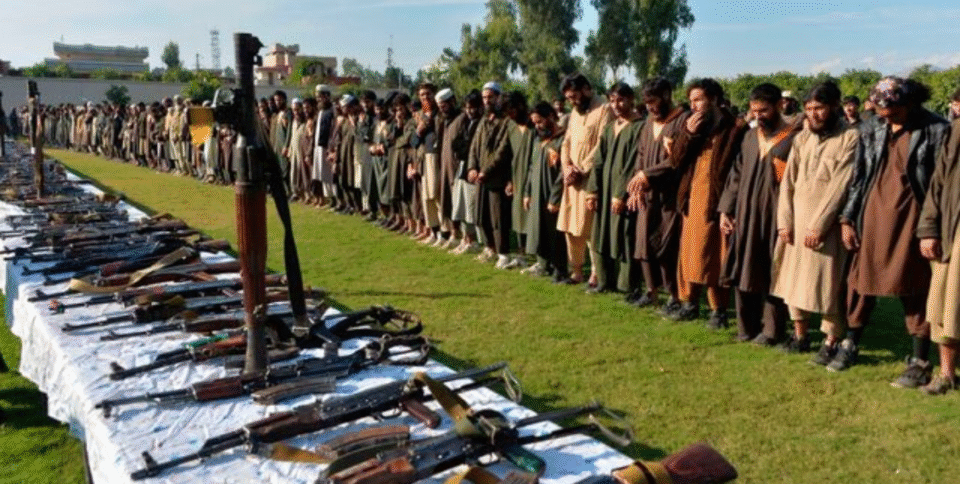Kabul, Afghanistan — August 1:
United Nations experts have warned that ISIS-Khorasan (ISIS-K) now poses the most serious terror threat to the United States, Europe, and regional stability, as Afghanistan risks once again becoming a hub for transnational terrorism, according to Khaama Press.
In a report presented to the UN Security Council on July 30, analysts noted that ISIS-K is rapidly expanding its influence, leveraging online platforms to recruit and radicalize extremists. The group’s digital propaganda machine is reportedly tied to recent global terror plots, including cases influenced by the ongoing Gaza-Israel conflict.
Experts warned that foreign fighters returning to Afghanistan and Central Asia could further empower ISIS-K, destabilize neighboring regions, and accelerate radicalization efforts. The group has reportedly issued warnings of possible attacks on American targets and is increasingly viewed as having transnational ambitions beyond Afghan borders.
US officials echoed the alarm, stating that since the Taliban’s return to power in 2021, Afghanistan is once again at risk of becoming a safe haven for extremist groups. They describe ISIS-K as a “serious and growing” global threat to international security.
Executions of Afghan Migrants Surge in Iran, Spark Global Outcry
As security deteriorates across the region, Iran’s treatment of Afghan migrants is drawing international condemnation. According to Iranian and Afghan human rights organisations, at least 85 executions took place in Iranian prisons during the month following the Israel-Iran ceasefire, Khaama Press reported.
Among those executed were:
-
6 Afghan nationals
-
15 Lur prisoners
-
12 Turks, 12 Kurds, and 6 Baluch
-
6 individuals reportedly executed for “spying for Israel,” though their identities remain undisclosed
Human rights group Hengaw confirmed that at least 40 Afghan citizens were executed in Iran in the first half of 2025 alone. In 2024, that number was 73. Rights monitors argue the actual toll may be even higher due to lack of transparency.
Iran is already known as one of the world’s top users of the death penalty. But experts say its broad application—especially against foreign nationals like Afghans—is deeply troubling. Trials often lack transparency, legal safeguards, and access to proper defense, raising serious due process concerns.
Many of the executions are officially tied to drug trafficking or political charges, but watchdogs warn that vague accusations and opaque court systems disproportionately impact migrant communities, making Afghan refugees in Iran increasingly vulnerable to arbitrary punishment.

